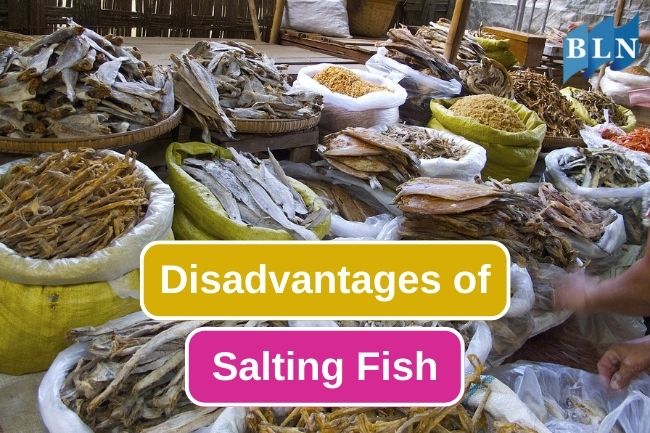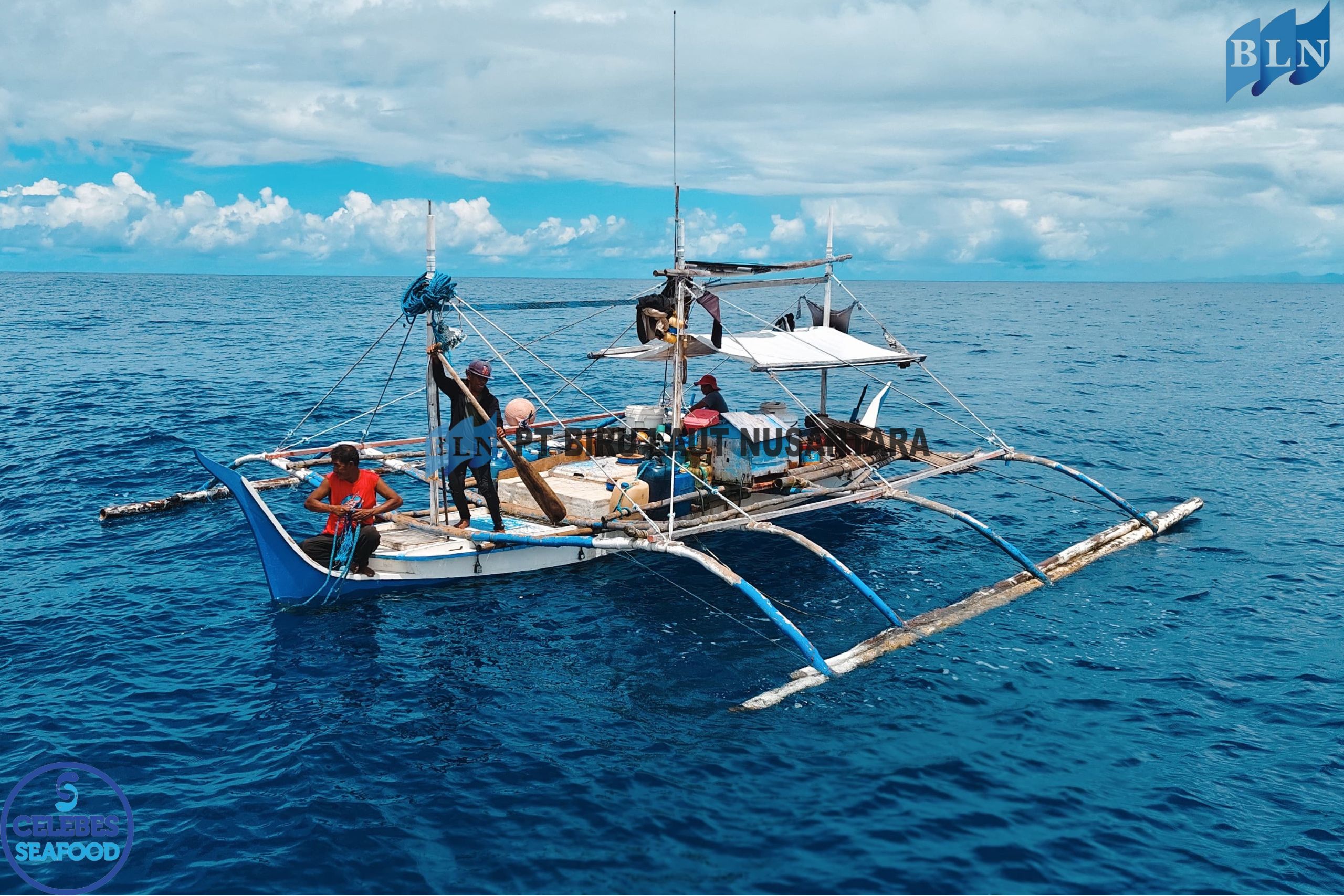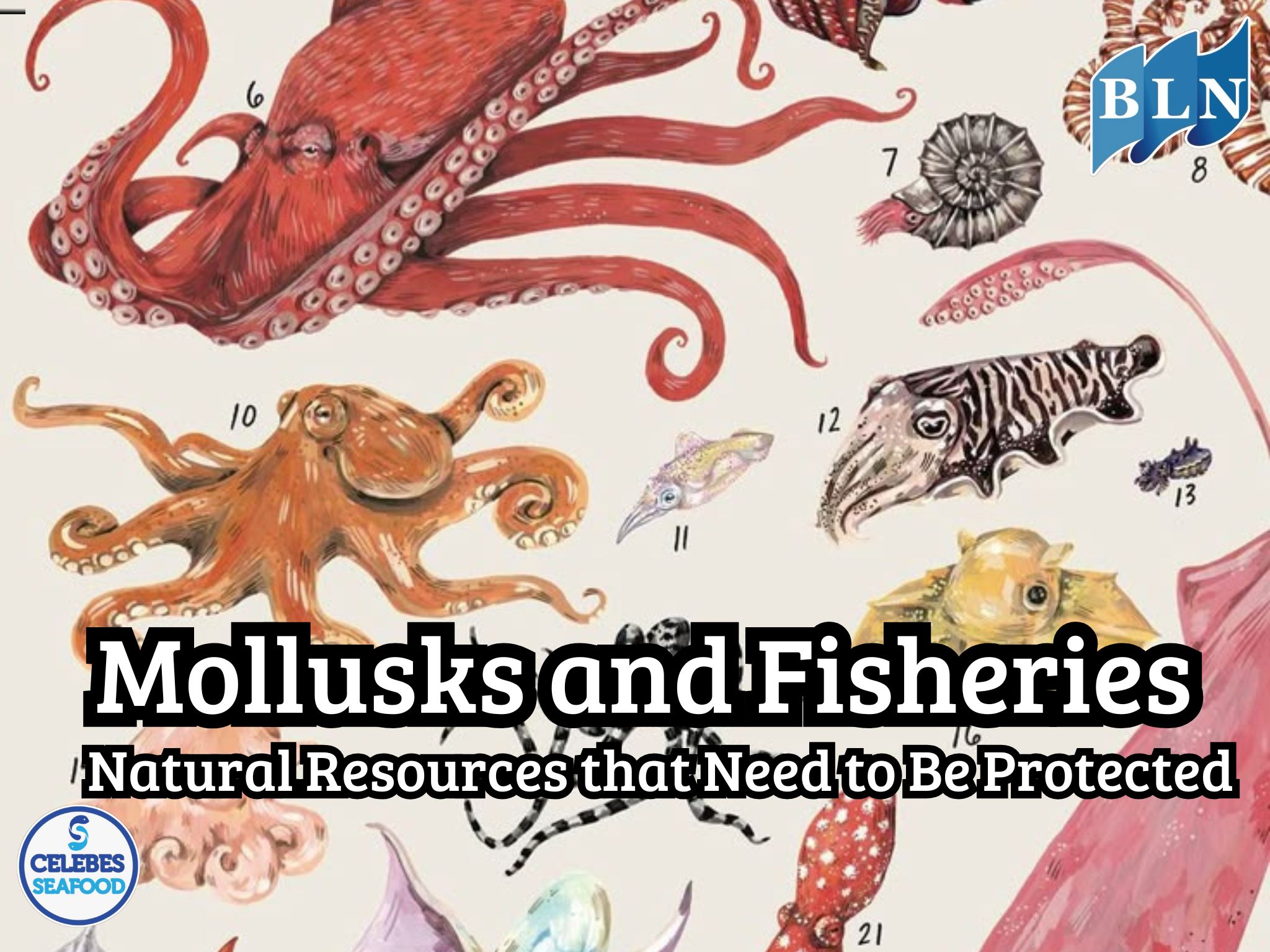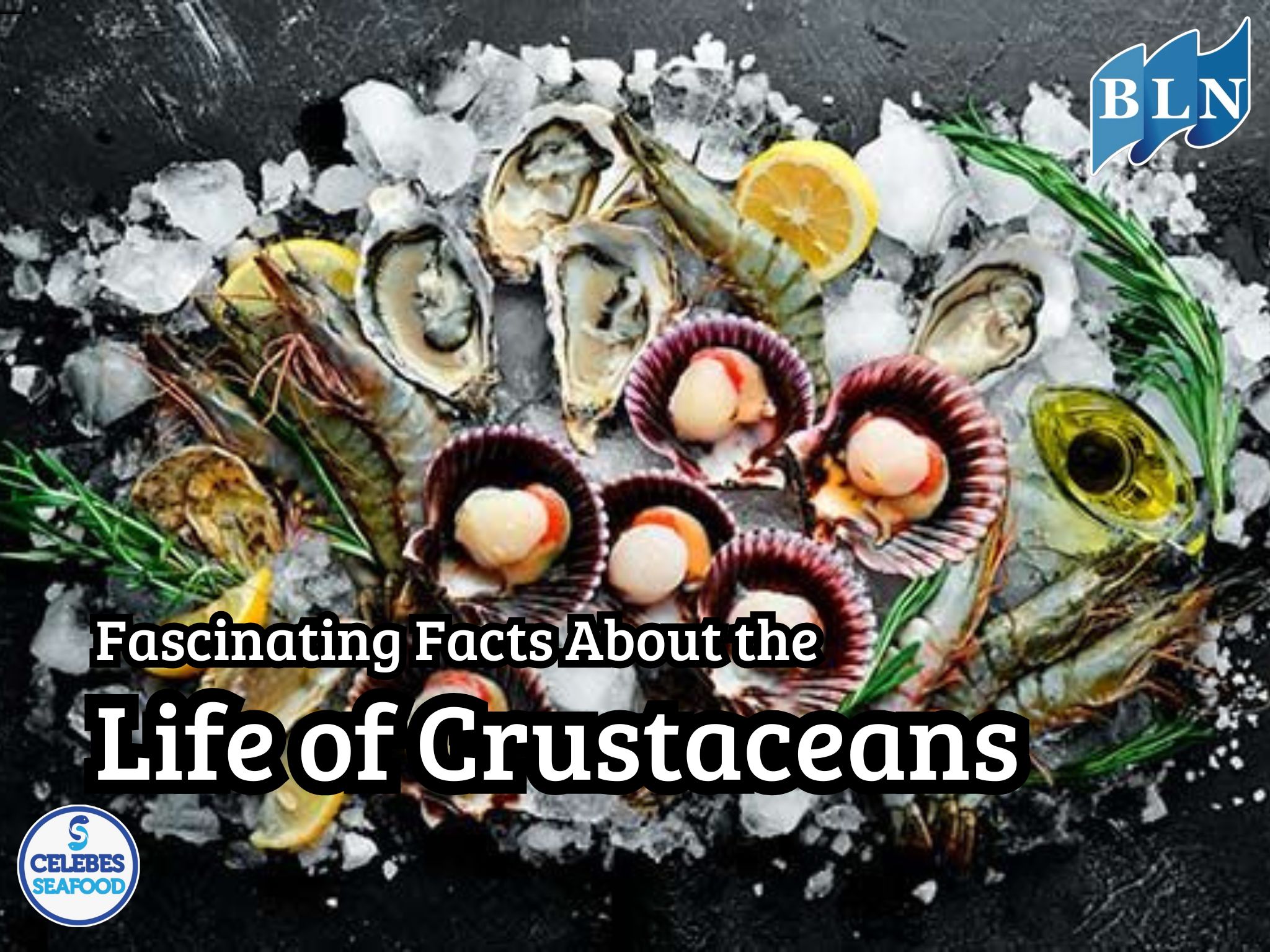5 Disadvantages Of Salting Fish Method
By. Nevanda - 20 Jun 2023
lautnusantara.com - While the fish salting method has many advantages, there are some drawbacks that need to be noted:
1. High salt content
One of the major drawbacks of fish salting is the high salt content in the final product. The salting process involves adding large amounts of salt to remove the moisture content in the fish. Consumption of foods that are high in salt can contribute to health problems such as high blood pressure or kidney-related health problems. Therefore, consumption of salted fish should be limited and carefully monitored, especially by individuals with certain health conditions.
Read also: 5 Benefits Of Salting Methods On Fish Preservation
2. Changes in flavor and texture
Salting fish can change the original flavor and texture of the fish. Some people may dislike such changes and prefer the taste and texture of fresh fish. Also, depending on the salting method used, salted fish can have an overly salty or overpowering flavor, which some people may dislike.
3. Risk of contamination
The process of salting fish can lead to contamination risks if not done properly. Bacteria and other microorganisms can still live in the fish during the salting process. If sanitation is not maintained properly or the fish is not stored under proper conditions after salting, the risk of growth of pathogenic microorganisms may increase. This can lead to food poisoning if contaminated salted fish is consumed.
4. Longer preparation
Before consumption, salted fish needs to be soaked or marinated in water to reduce salt content and restore moisture before cooking. This requires additional time and longer preparation compared to fresh fish that can be cooked immediately.
5. Limited variety of fish
Not all types of fish are suitable for salting. Some types of fish have a texture or meat composition that is incompatible with the salting process. For example, fish with high fat content or more tender meat may not produce good salted fish.
It is important to remember that good and safe fish salting methods require careful handling, strict sanitary supervision, and selection of fresh and quality fish.
Read also: You Wouldn’t Regret This Spicy Mie Cakalang Recipe








